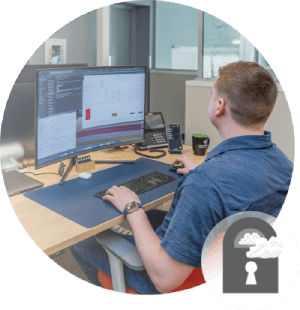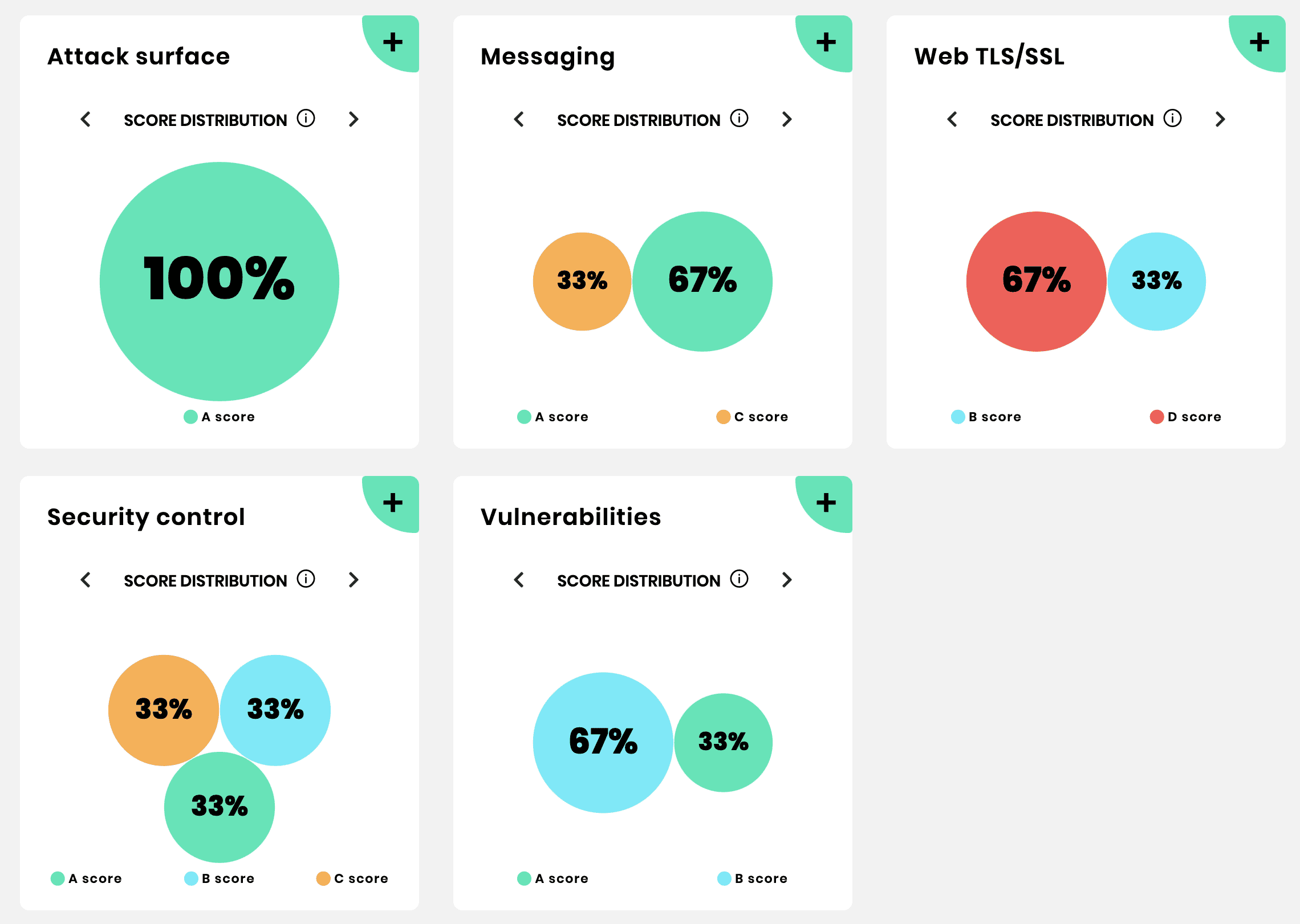vCanopy has a worker function that will automatically reset your WordPress website file permissions. However, there may be instances where you need a specific file’s permissions to be set differently, and for this you can use our custom permissions filter to exclude them from being overwritten.
Using the Custom Permissions Filter
STEP 1. CONNECT TO YOUR SERVER
To get started, first connect to your server. If this is your first time connecting to a vCanopy server, please see the following articles to get started:
Step 1. Generate your SSH Key
Step 2. Add your SSH Key to vCanopy (also see Add default SSH Keys)
Step 3. Connect to your server by SSH as Root user (we like and use Termius)
STEP 2. SET YOUR CUSTOM OWNER/PERMISSIONS
Set your permissions with:
chmod permissions your-file-name
To learn more about managing permissions, this article offers a great, in-depth rundown with examples:
https://www.redhat.com/sysadmin/manage-permissions
STEP 3. CREATE THE CUSTOM.PERMS FILE
The custom permissions filter uses a file called custom.perms. This needs to be added to the website’s main directory: /var/www/site.url. Create the file with the following command (replacing site.url for your website’s URL):
nano /var/www/site.url/custom.perms
Inside that file add the absolute file path to any directories or files that have custom perms that you want to maintain, these file paths should be delimited with a colon : at either end, one per line. For example:
:/var/www/site.url/htdocs/wp-content/themes/whatever/style.css:
The worker that ensures that all site directories and files have WordPress perms will ignore any file path included in that file.
Save the file with CTRL+O followed by Enter. Exit nano with CTRL+X.
And that’s it! You’re all set.






